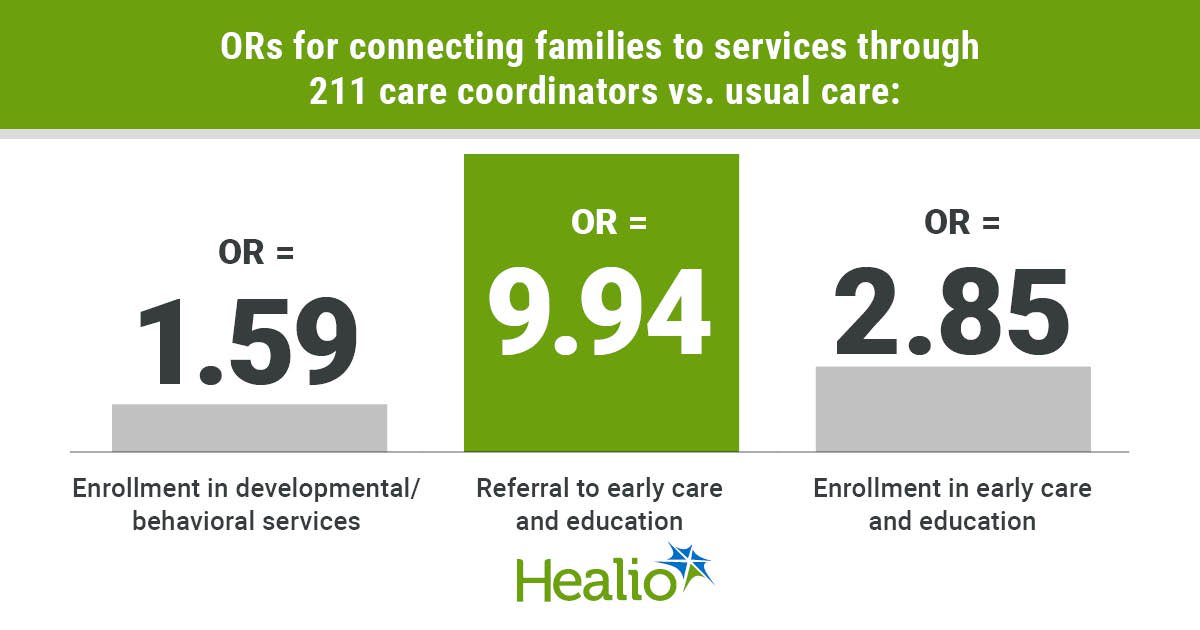Nature Microbiology paper finds that inoculation delivered through the nose activates immune response that shields both the lungs and upper respiratory tract
A new nasal vaccine to protect against whooping cough could be far more effective at stopping the spread of the illness than current inoculation methods, new Irish research has found.
A team of scientists at the School of Biochemistry and Immunology at Trinity College Dublin showed how an antibiotic-inactivated Bordetella pertussis (AIBP) vaccine not only prevents severe disease, but also curbs bacterial transmission.
“We’ve applied our understanding of protective immune pathways to engineer a fundamentally different kind of vaccine,” said Prof Kingston Mills, who led the study with Dr Davoud Jazayeri.
“By stimulating immunity where infections begin at the respiratory mucosa, we can offer stronger protection, and potentially interrupt community transmission.”
While current pertussis vaccines help prevent the worst effects of the illness among infants, they are unable to prevent the spread of the disease, due to levels of bacteria remaining present in the nose and throat of those with the virus.
This limitation has been highlighted in recent years as whooping cough levels reached record highs. In 2024, the Health Protection and Surveillance Centre recorded 713 incidences of the disease. Around one-in-four cases were hospitalised, while two-thirds of notified cases occurred in children under the age of five.
This new study, published in the journal Nature Microbiology, highlighted how a whooping cough vaccine delivered through the nose, rather than by injection, activates a distinct T-cell-driven mucosal immune response that shields both the lungs and upper respiratory tract without triggering unwanted systemic inflammation.
In pre-clinical studies, AIBP achieved complete protection against infection of the lungs and nasal cavity, and outperforms current available inoculations.
The researchers also noted the nasal vaccine’s potential to be adaptable to pathogens that can cause other acute infections such as pneumonia, meningitis and strep.
This research was initially funded through a Research Ireland Frontiers for the Future Award, and is now advancing under the ARC Hub for Therapeutics, a €32 million national translational research initiative administered by Research Ireland and co-funded by the Government of Ireland and the European Union through the ERDF Southern, Eastern & Midland Regional Programme 2021-2027.










